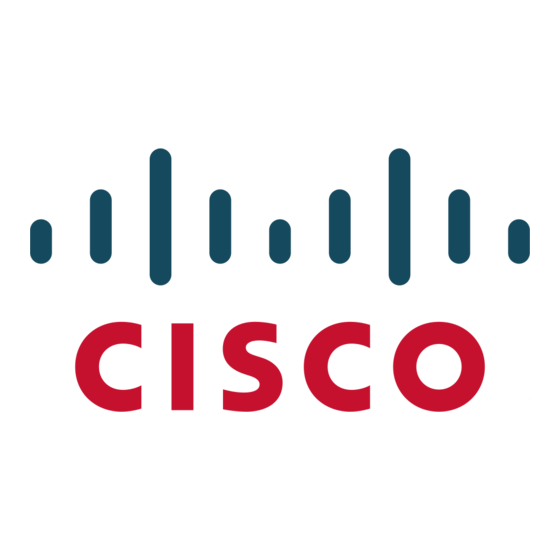- ページ 2
IP電話 Cisco 3600 SeriesのPDF 付録をオンラインで閲覧またはダウンロードできます。Cisco 3600 Series 15 ページ。 Memory upgrade
Cisco 3600 Series にも: 製品概要 (10 ページ), アップグレード手順 (30 ページ), オーナーズマニュアル (17 ページ), アプリケーションノート (41 ページ), 設定マニュアル (36 ページ), ユーザーマニュアル (25 ページ), ユーザーマニュアル (7 ページ), マニュアル (5 ページ), コンフィギュレーション・ノート (23 ページ), コンフィギュレーション・ノート (18 ページ), コンフィギュレーション・ノート (25 ページ)

